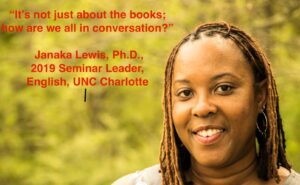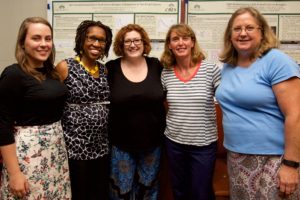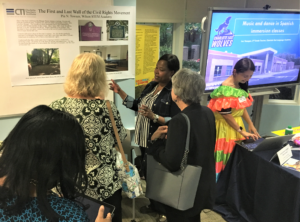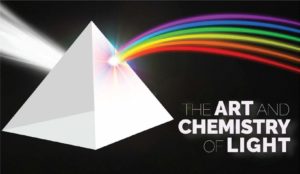Melissa Pratt, Language Arts, Francis Bradley Middle School
Final Unit (PDF) Implementing Common Core Standards (PDF)
200 Word Synopsis
Everyone has their own ideas that define their culture, shape their traditions, and set the expectations for their life. This unit will look at those varying perspectives within the Hispanic/Latino and African American communities. Specifically, the texts in this unit will explore characters who live in urban environments. Students will have a chance to read texts that do not take place in an urban setting but those texts will severe as a way to show which traditions transcend environment in those communities. In order to complete this unit successfully, students will need to have a firm grasp on how to find theme in a text. The activities in the unit will push students past just finding one theme for one text and ask them to find several themes that stretch across multiple texts. The unit implements several strategies that will help students gain or strengthen this ability. “We Are a Symphony” is filled with many opportunities for writing. And as an added bonus, each writing activity can function as a formal writing assessment or quick daily exercise. Writing serves as an irreplaceable tool for this unit from beginning to end. Students use writing as a means to work out their thoughts on each of the concepts explored in the unit. Much of the unit’s content will challenge preconceived notions made about both Hispanic and African American cultures. By looking at those cultures, students will in turn be able to work out their own ideologies about their traditions, cultures, and expectations. At the start of the unit, students will study picture books: illustrations, content, and diction. Though the stories are very simple, the themes are quite complex and will challenge students’ ability to assess theme as well as their ability to recognize significant patterns in various texts. By the end of the unit, students will have read a wide variety of short stories and poems that all connect back to the topic of culture. Lastly, the culminating activity will allow students to delve into their own personal legacy and produce and share a food product that is traditional in their culture. If you are looking for a unit that challenges your student’s perspectives on excepted stereotypes as well as enhance their ability to think critically about a text, this is the perfect unit.










 Home
Home